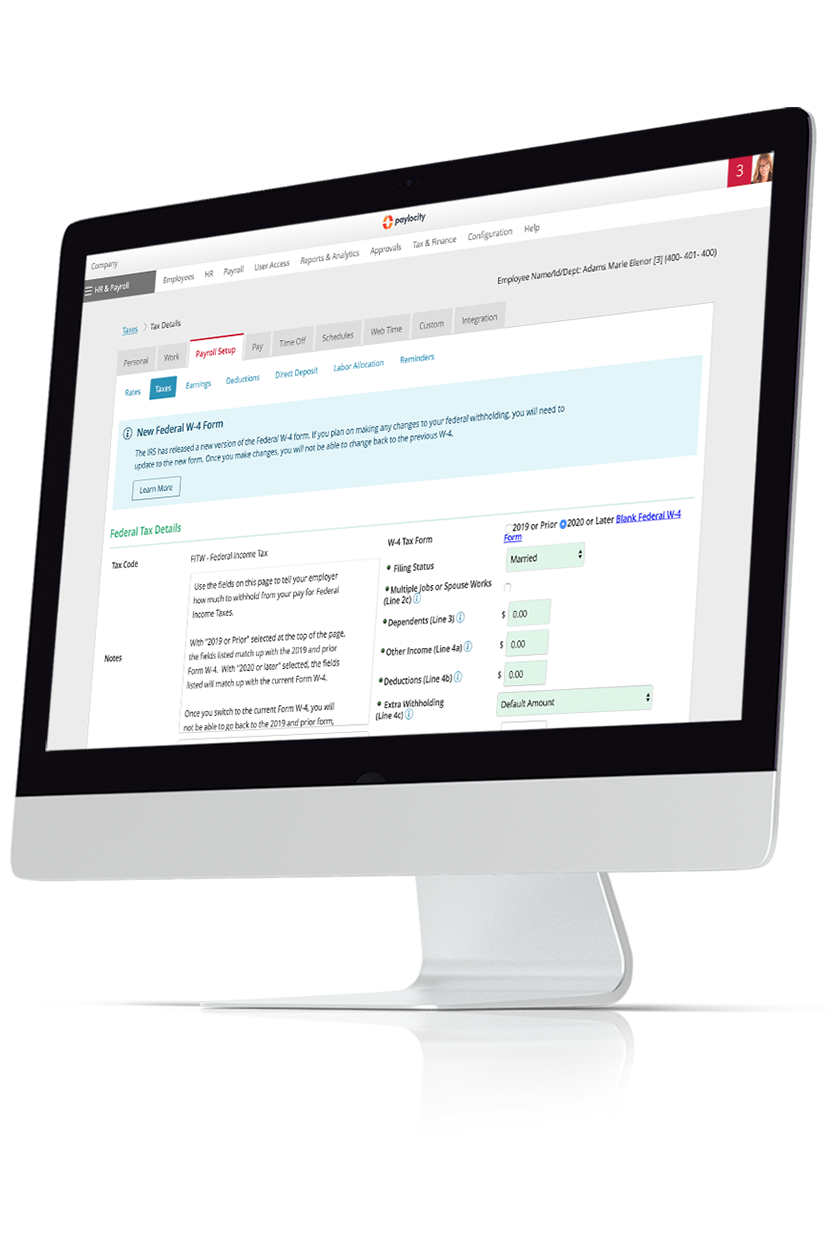Courtesy Tax Withholding vs. Reciprocal Agreement
While both affect an employee’s income taxes, reciprocal agreements and courtesy withholdings serve different interstate payroll tax purposes.
Reciprocal agreements are formal arrangements between two states that allow employees who work in one but live in the other to pay income taxes only to the state where they live instead of the state where they work. In these cases, the employee typically submits a multi-state tax exemption form to their employer to ensure taxes are withheld only for their home state, not their work state. This setup helps eliminate double taxation and simplifies state payroll taxes for workers who regularly cross state lines for their job.
Courtesy tax withholdings, conversely, aren’t an arrangement between states but something a state government allows private employers to do. Instead of deciding which state tax rates to follow, courtesy withholdings consider both by voluntarily withholding income taxes when doing so isn’t required.
For example, if an employee lives in Iowa but works in Illinois, the reciprocal agreement between the two states means the employee only has to pay Iowa state income taxes. Yet, because Illinois allows courtesy withholdings, the worker’s employer can also voluntarily withhold Illinois income taxes.
Thus, the employee’s risk of unforeseen or underpaid state tax liabilities is minimized, and the employer doesn’t have to worry about determining which state’s tax rates to apply.
Regardless, employers should always confirm policy specifics with their state agency, as applicable rules can vary.
Courtesy Withholding Responsibilities for Employers
Employers interested in pursuing courtesy tax withholdings must first confirm with their state or local government(s) if they’re allowed to do so. Not all areas permit voluntary withholdings, and those that do often have specific rules employers must follow.
In some cases, the jurisdiction may require the employer to register before any income taxes can be withheld, even if the withholding is optional. Failing to complete any preliminary steps could eventually lead to compliance issues, even if the employer intended to help employees manage their tax obligations more effectively.
Furthermore, some states have detailed rules about how and when the withheld taxes must be filed and remitted. There may also be reporting or recordkeeping requirements, especially if the employer has no other physical or economic presence in that jurisdiction.
Master Multi-State Payroll Taxes with Paylocity
Courtesy withholding requirements can vary by jurisdiction, so employers should thoroughly review the applicable tax guidance for each location.
Better yet, streamline compliance with a premier payroll service provider like Paylocity. You’ll be able to maintain multi-state payroll tax compliance via robust payroll tax tools and software, such as:
- Tax geolocation audits to ensure the correct tax rates are applied based on the employee’s location
- Centralized payroll and compensation records that support accurate reporting
- Documentation tools that easily upload, store, and retrieve essential materials (e.g., a multi-state tax-exempt form).
Having integrated, automated payroll and tax tools greatly optimizes multi-state payroll processing, reducing the risk of errors that can delay returns or incur costly penalties. This, in turn, reduces stress, saves time, and fosters more efficient operations.
Request a demo today and see how much easier payroll administration can be.





